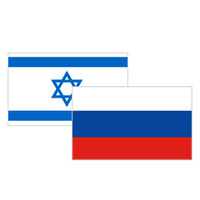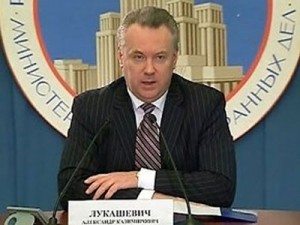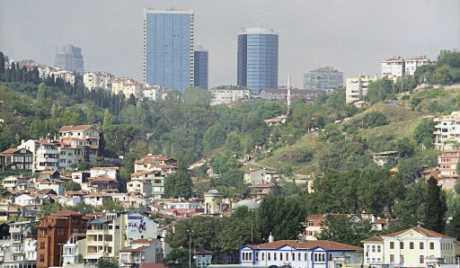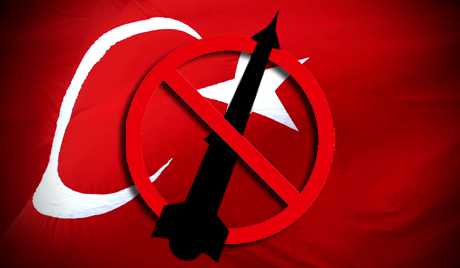 By Alexei Anishchuk | Reuters
By Alexei Anishchuk | Reuters
MOSCOW (Reuters) – Russia warned Israel on Wednesday that attacking Iran would be a disastrous and played down the failure of a U.N. nuclear agency mission to Tehran, saying there is still a chance for new talks over the Iranian atomic programme.
“Of course any possible military scenario against Iran will be catastrophic for the region and for the whole system of international relations,” Deputy Foreign Minister Gennady Gatilov told a news conference.
It was one of Russia’s starkest warnings against resorting to force, an option Israel and the United States have not ruled out if they conclude that diplomacy and increasing sanctions will not stop Iran from developing a nuclear bomb.
“I hope Israel understands all these consequences … and they should also consider the consequences of such action for themselves,” Gatilov said. “I hope a realistic approach will prevail, along with a sensible assessment.”
Russia, China as well as many allies of the United States are concerned that any military action against Iran could engulf the Middle East in wider war, which would send oil prices rocketing at a time of global economic troubles.
Iran has threatened to retaliate for any attack, or even if it feels endangered, by closing the Strait of Hormuz, the conduit for Gulf oil exports crucial to the global economy, and hitting Israel and U.S. interests in the Middle East.
Tehran has refused to stop sensitive nuclear work such as uranium enrichment despite four rounds of U.N. sanctions and a slew of additional measures imposed by the United States and the European Union, which fear Tehran is seeking nuclear weapons.
The Islamic Republic says its efforts to produce nuclear fuel are solely for electricity generation.
IAEA-IRAN TALKS GO NOWHERE
The failure of two days of talks between Iran and senior International Atomic Energy Agency (IAEA) officials, who were refused access to a military site where they believe Iran tested explosives of use in nuclear weapons, dimmed the chances of Western powers agreeing to renew broader negotiations with Iran.
A warning from Iran’s clerical supreme leader on Wednesday, hours after the Tehran talks concluded, that no obstacle would derail Iran’s nuclear course added to tensions.
Gatilov suggested that Iran should be more cooperative but there is more room for diplomacy. He said Iran’s discussions with Russia, China, the United States, Britain, France and Germany, frozen for a year, could still be revived.
“Iran and IAEA should boost their dialogue in order to rule out the … possibility of the existence of military dimensions in the Iranian nuclear programme. We hope that this dialogue will be continued,” he said.
“I think we still have opportunity to continue diplomatic efforts, to renew the six-nation talks.”
Russia, which built Iran’s first nuclear power plant, has often stressed the need for talks and that too much coercive pressure on Iran is counterproductive, a stance that has prompted concerns Moscow has helped Tehran play for time.
Last week, Russia said global powers must be serious about proposing solutions Iran might accept, warning that Tehran’s desire for compromise was waning as it moved closer to being technically capable of building atomic weapons.
(Reporting by Alexei Anishchuk; Writing by Steve Gutterman; Editing by Mark Heinrich)
news.yahoo.com, 22 Feb 2012
 Russian Ministry of Foreign Affairs condemned anti-Russian actions which took place in Istanbul and were allowed by the Turkish government. According to Ria Novosti official representative of the Russian MFA Alexander Lukashevich announced about this during the briefing in Moscow.
Russian Ministry of Foreign Affairs condemned anti-Russian actions which took place in Istanbul and were allowed by the Turkish government. According to Ria Novosti official representative of the Russian MFA Alexander Lukashevich announced about this during the briefing in Moscow.




